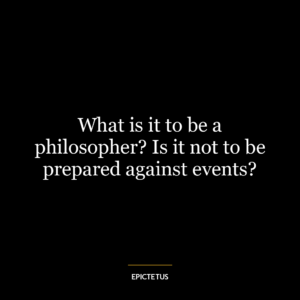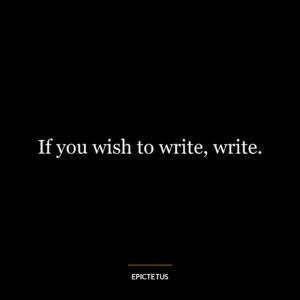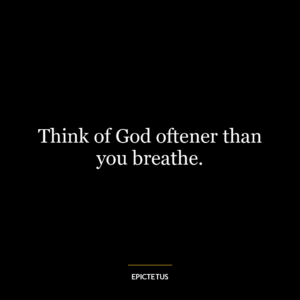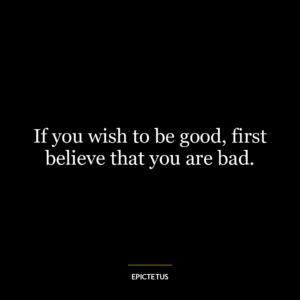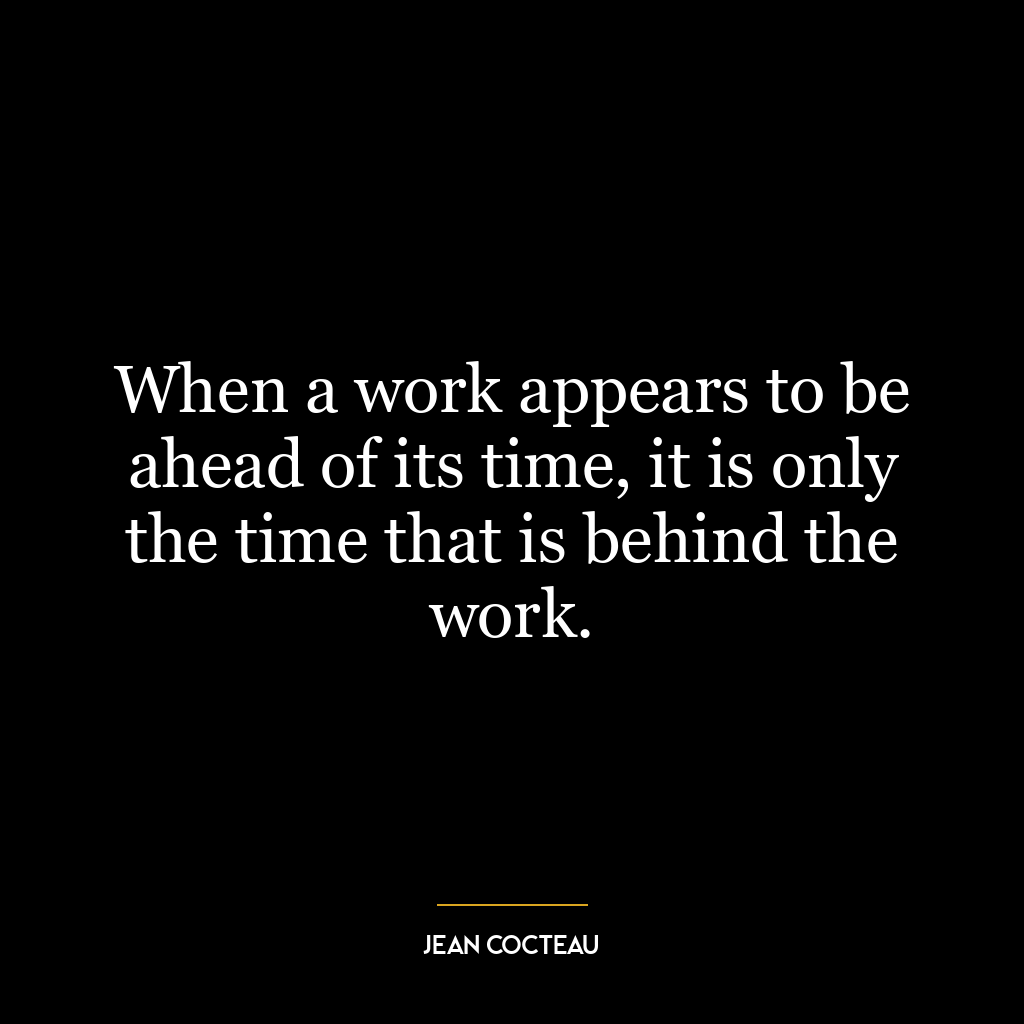This quote suggests that our reactions to external events are shaped more by our internal perceptions and interpretations than by the events themselves. In other words, it’s not the things that happen to us that cause us distress, but rather our thoughts and beliefs about those things.
For example, consider two people who receive a critical comment at work. One person might view this as a devastating blow, interpreting the comment as proof that they are incompetent or unworthy. This person might become extremely upset and anxious as a result. The other person, meanwhile, might view the same comment as a valuable opportunity for growth and improvement. They might feel motivated rather than distressed. The event is the same in both cases, but the reactions are vastly different because of the individuals’ differing perceptions and beliefs.
In today’s world, this concept is incredibly relevant. We are constantly bombarded with information and events that can easily overwhelm or distress us. But if we can learn to control our interpretations and perceptions, we can mitigate the impact of these events on our emotional wellbeing. This is a key principle in cognitive-behavioral therapy, a widely used psychological treatment that helps people challenge and change negative thought patterns.
In terms of personal development, this idea encourages us to cultivate self-awareness and mindfulness. By becoming more aware of our thought patterns, we can identify negative or unhelpful beliefs and work to change them. This can help us respond to challenges more effectively, reduce stress and anxiety, and improve our overall quality of life.
Moreover, it teaches us the importance of perspective. By consciously choosing a positive or constructive interpretation of events, we can significantly improve our resilience and emotional wellbeing. It’s not about ignoring or denying negative events, but rather about choosing to view them in a way that empowers rather than disempowers us.



